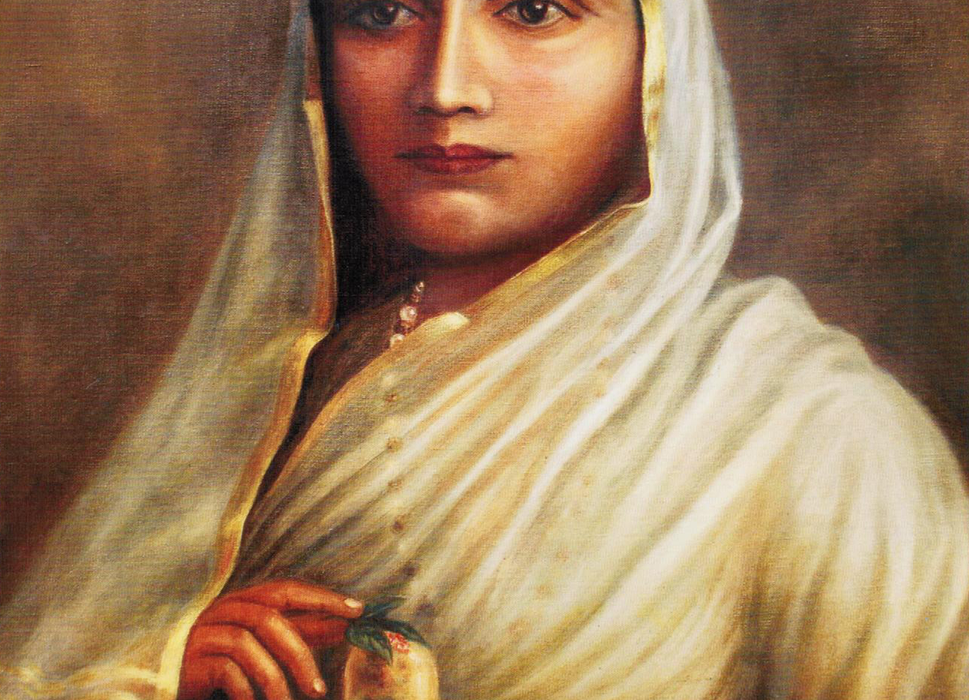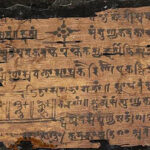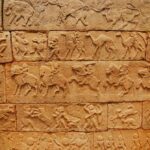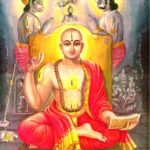Ahilyabai Holkar – The Saint Queen Who Rebuilt Temples and Ruled with Mercy
- Vijay Iyer
- May 31, 2023
- 0 Comment
Punyashlok Ahilyabai Holkar, a remarkable character in Indian history, exudes an unparalleled legacy that has left an indelible mark on the country’s cultural and political fabric. Born on May 31, 1725, Ahilyabai ascended to prominence during the Maratha renaissance, ruling as the revered monarch of the Holkar dynasty. Descended from the illustrious Dhangar clan, she exhibited extraordinary leadership skills that transcended her humble beginnings. Throughout her reign, Ahilyabai made profound and enduring contributions to the administration, military affairs, and cultural renaissance of her kingdom. Her visionary policies centered on justice, mercy, and the meticulous restoration of Hindu temples, which had endured hardship during periods of Islamic conquest and control.
Biography of Ahilyabai Holkar
Ahilyabai, born to Patil Mankoji Shinde in 1725, emerges from the annals of history as a potent symbol of resilience and fortitude. Hailing from the esteemed Dhangar community, which now holds the classification of an Other Backward Class (OBC), her ancestors were renowned for their expertise in herding and also served valiantly in various military and civic capacities.
At a tender age of 12, Ahilyabai entered into matrimony with Khanderao Holkar, the son of Subedar Malhar Rao Holkar. The Holkar family, already prosperous, owed its success to the capable leadership of Malhar Rao, who served as the Subedar of a flourishing territory.
Administration and Governance
Amidst the frequent absence of her father and father-in-law, engrossed in military operations, Ahilyabai adroitly assumed the reins of governance in Indore. Her compassionate and just policies endeared her to the masses, establishing an unparalleled popularity among her subjects. Tragically, the untimely demise of her husband, Khanderao, during the siege of Kumher in 1754, plunged her into profound sorrow. While Ahilyabai initially contemplated the practice of Sati (self-immolation) to accompany her beloved husband, the wise counsel of her father-in-law, Malhar Rao, urged her to reconsider.
Subsequent to the passing of Malhar Rao in 1766 and the brief governorship of her son Maloji, Ahilyabai tenaciously petitioned the Peshwa for the authority to govern the Holkar kingdoms in her own right. Her unparalleled competence in matters of both military and civil affairs earned her the esteemed position of the de facto governing queen of Maheshwar.
Temple Reconstruction
Ahilyabai’s enduring legacy is intrinsically linked to her magnificent endeavors in the restoration of Hindu temples, which had fallen into disrepair during tumultuous periods of Islamic conquest and control. She emerged as a guiding light, spearheading the monumental reconstruction of several sacred temples, including the revered Somnath, Srisailam, Omkareshwar, Aundha Nagnath, Vishwanath, Manikarnika Ghat, and countless others. These awe-inspiring endeavors served to safeguard and revive the sanctity of these revered pilgrimage sites, ensuring the continuity of Hindu devotion and sacred ceremonies.
Mercy, Compassion, and Exemplary Governance
Ahilyabai’s reign embodied the essence of justice, reconciliation, and boundless mercy. Her compassionate approach extended even to convicts, ensuring the welfare of incarcerated women and children, including provision of appropriate sustenance. During periods of drought, she alleviated the burdens on her farmers by exempting them from taxes, a testament to her deep concern for the welfare of her subjects. Indore thrived as a safe and prosperous city under her enlightened leadership, attracting people from Bombay, Surat, and Pune.
Patronage of Arts and Culture
In addition to her astute administrative acumen and military prowess, Ahilyabai emerged as a prominent patron of arts and culture. She actively nurtured the weaving and textile industry, particularly in the realm of Maheshwari sarees, by granting weavers concessions, advances, and security. Her unwavering support extended to scholars of the Vedas, Puranas, astronomy, astrology, and medicine, fostering intellectual and cultural development within her court.
Ahilyabai Holkar‘s legacy as a saintly queen, compassionate ruler, and temple restorer serves as an everlasting testament to her indomitable spirit and unwavering devotion to her people. Her reign epitomized justice, mercy, and the revival of Hindu temples, thereby ensuring the preservation of cultural heritage and religious customs. Ahilyabai’s leadership and governance exemplified compassion, as she placed the well-being of her subjects at the forefront while fostering the prosperity of her realm. Her patronage of the arts and culture enriched the tapestry of her era, leaving an indelible imprint on Indian history.
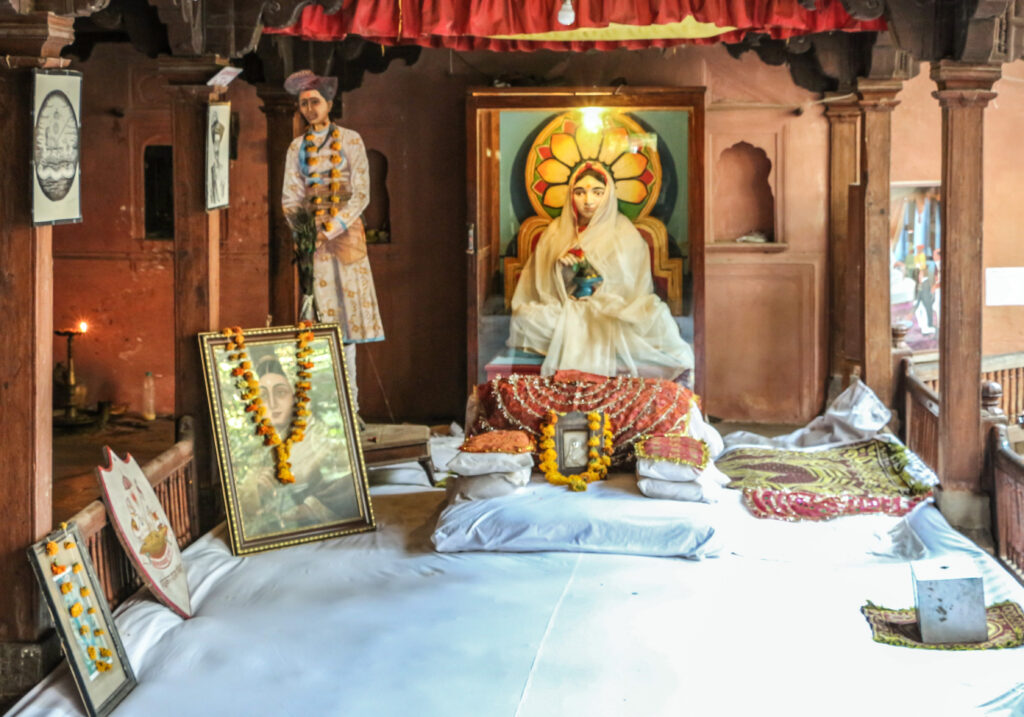
Ahilyabai Holkar continues to inspire as a beacon of resilience, compassion, and fortitude, triumphing over adversity and etching her name in the annals of Indian history. Her exceptional journey serves as a testament to the transformative power of leadership dedicated to the welfare of the people and the preservation of cultural heritage, echoing through the ages.



